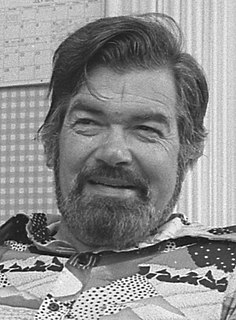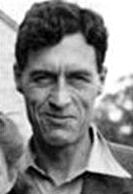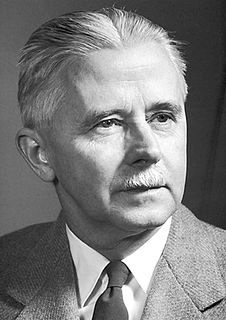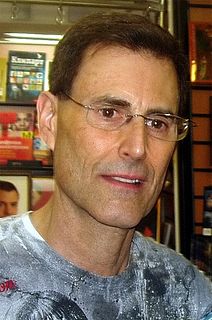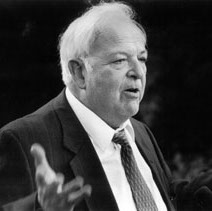A Quote by Laurence J. Peter
Scientists are still trying to produce life in the laboratory, but it shouldn't be difficult if the laboratory assistant is pretty and willing.
Quote Topics
Related Quotes
Scientists want full proof under laboratory conditions. And the answer is very simple: When Im put under pressure, I cant perform. Even the phenomenon Im most known for. When Im on stage, Im not under pressure and it happens. In other important places, it happens. But in a laboratory where I really want it to happen, its very hard for me.
When I was in graduate school at MIT I was trying to think about how to develop software and systems for farmers and villagers in India. In the process of doing that, I realized that my reference point was internal to the laboratory, rather than in the communities that I was wanting to serve. I realized that I could no longer assume what a good technology looks like from inside the laboratory; instead, I had to be in the world with people. Not just designing for them but with them.
In my own house I rigged up a laboratory and studied chemistry in the evenings, determined that there should be nothing in the manufacture of steel that I would not know. Although I had received no technical education I made myself master of chemistry and of the laboratory, which proved of lasting value.
The problem ... is that we have run out of dinosaurs to form oil with. Scientists working for the Department of Energy have tried to form oil using other animals; they've piled thousands of tons of sand and Middle Eastern countries on top of cows, raccoons, haddock, laboratory rats, etc., but so far all they have managed to do is run up an enormous bulldozer-rental bill and anger a lot of Middle Eastern persons. None of the animals turned into oil, although most of the laboratory rats developed cancer.
